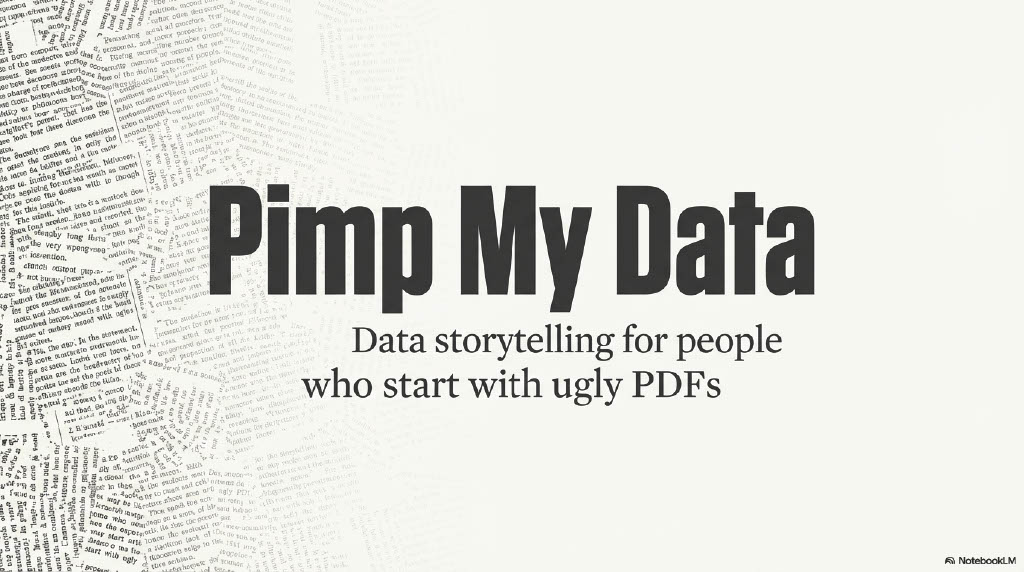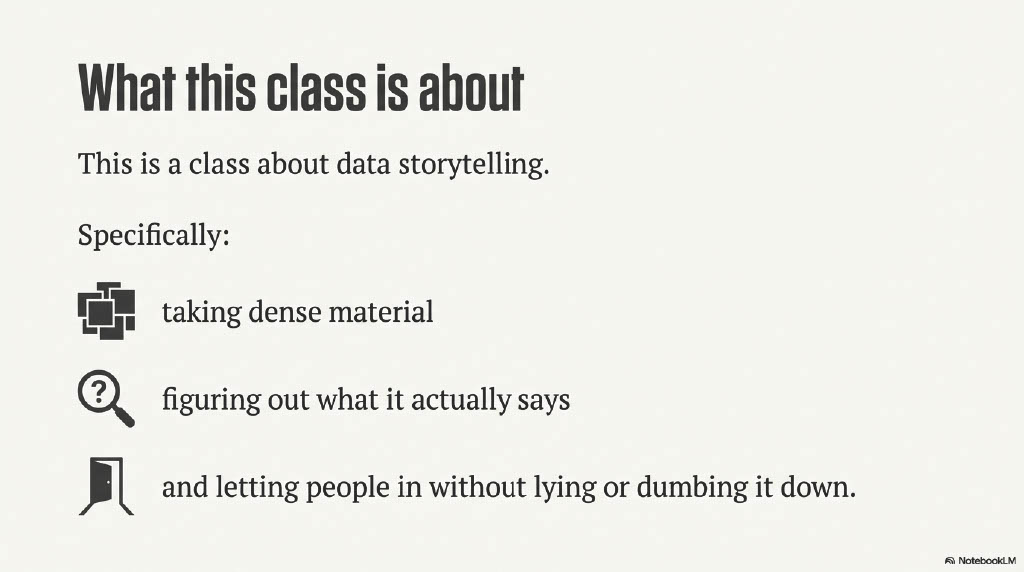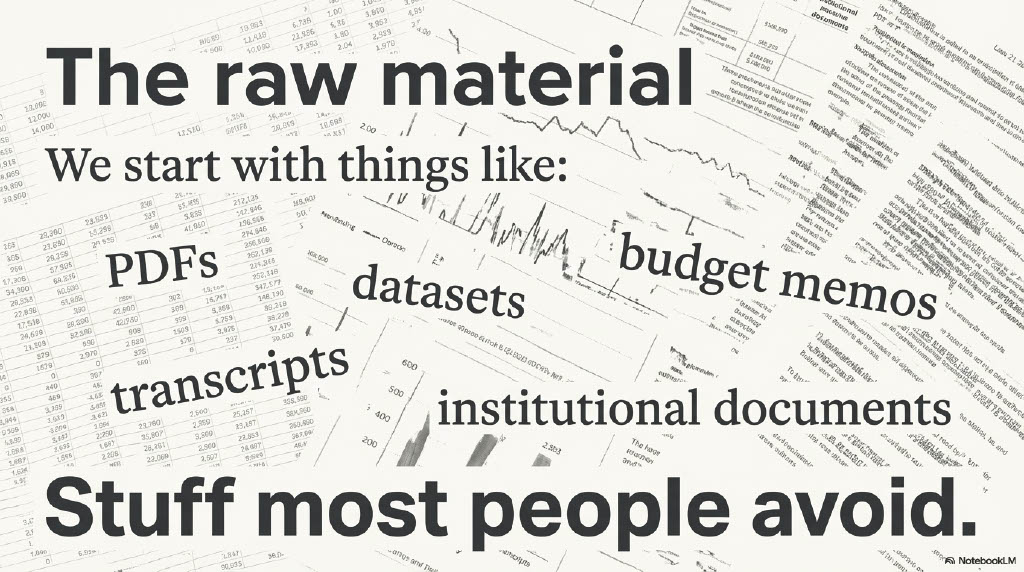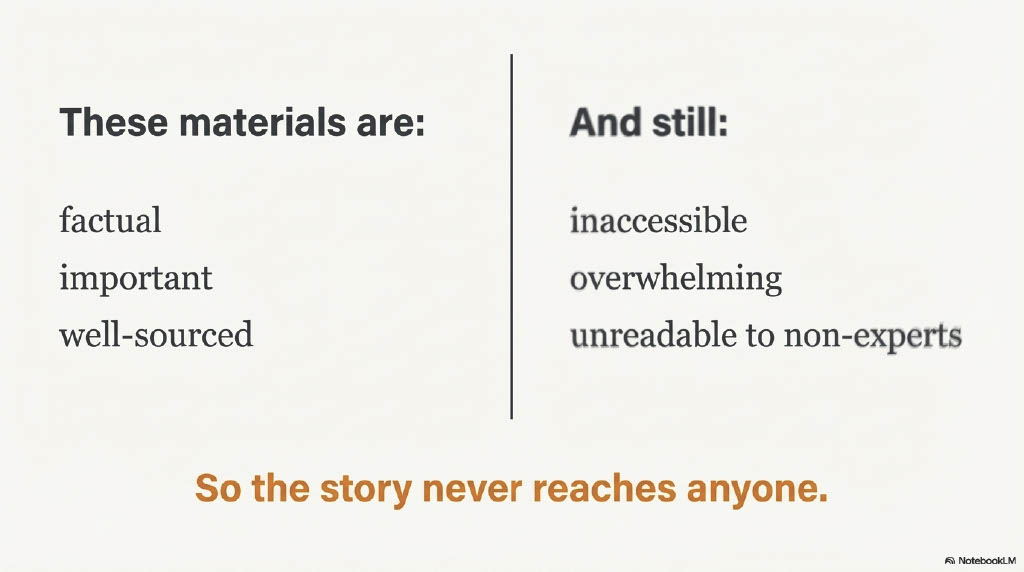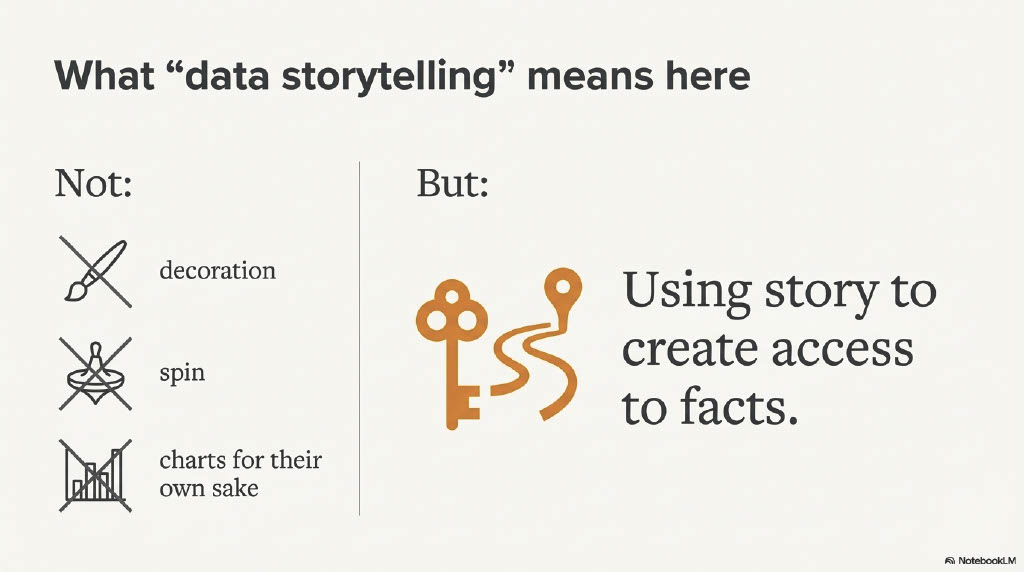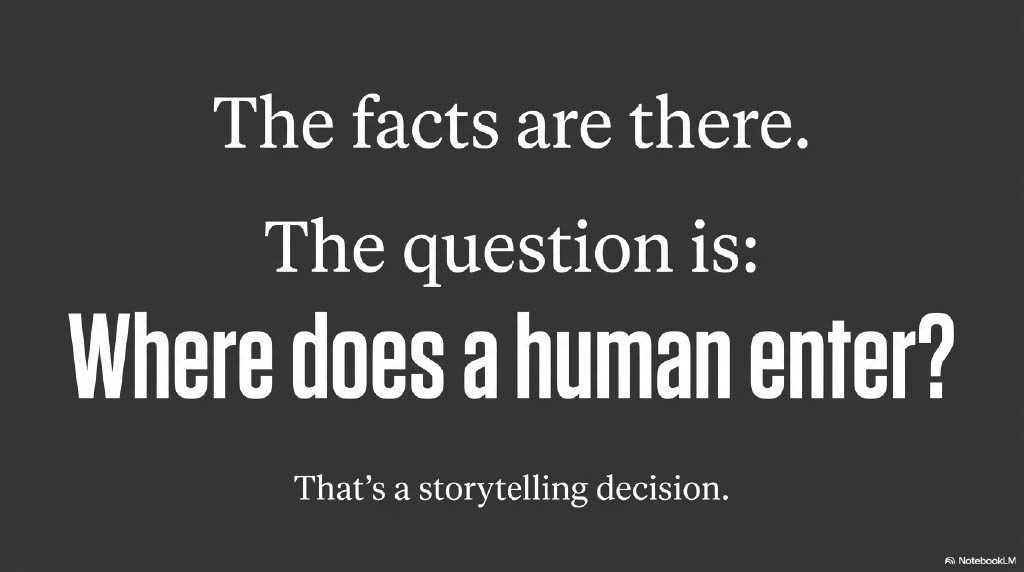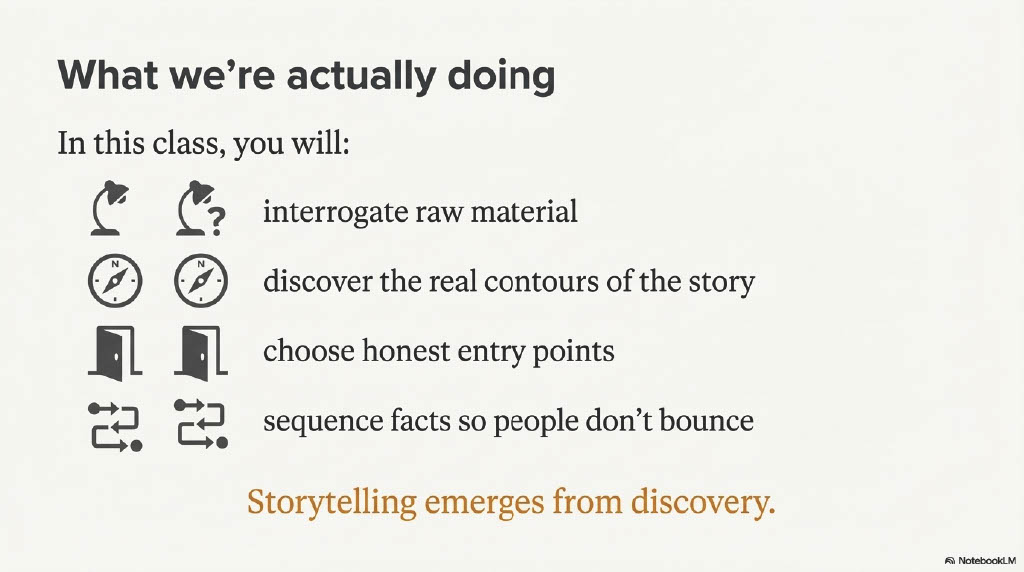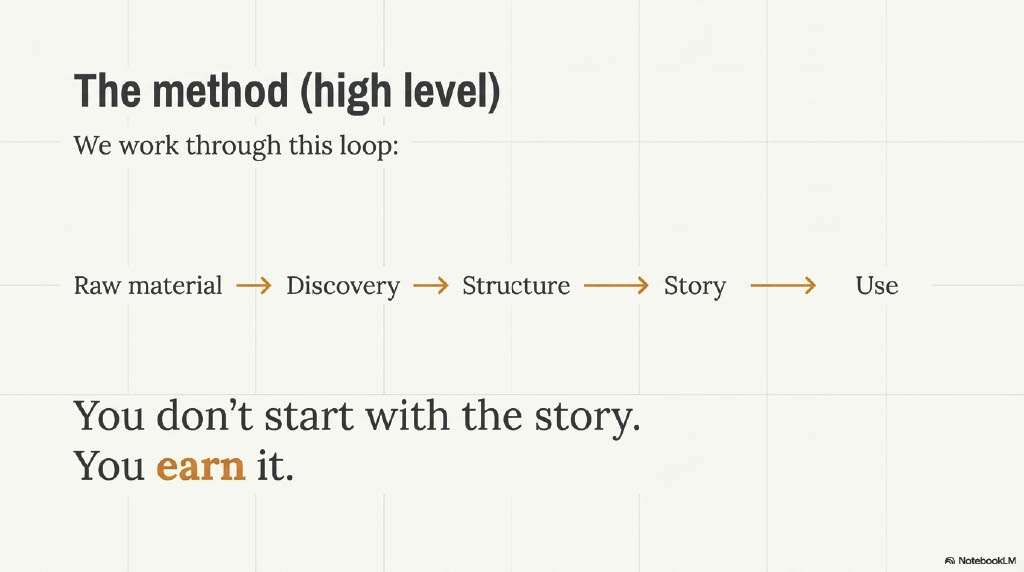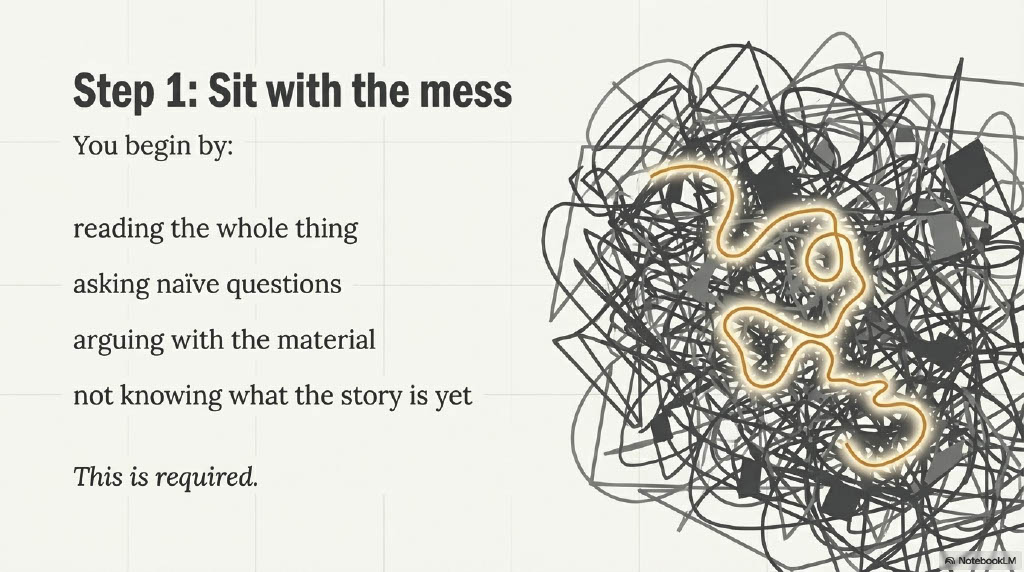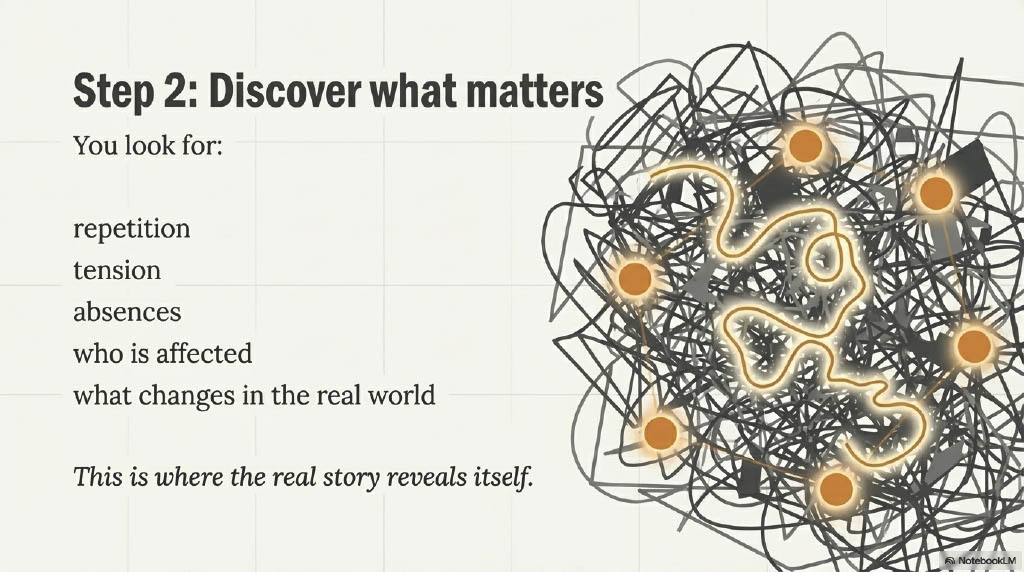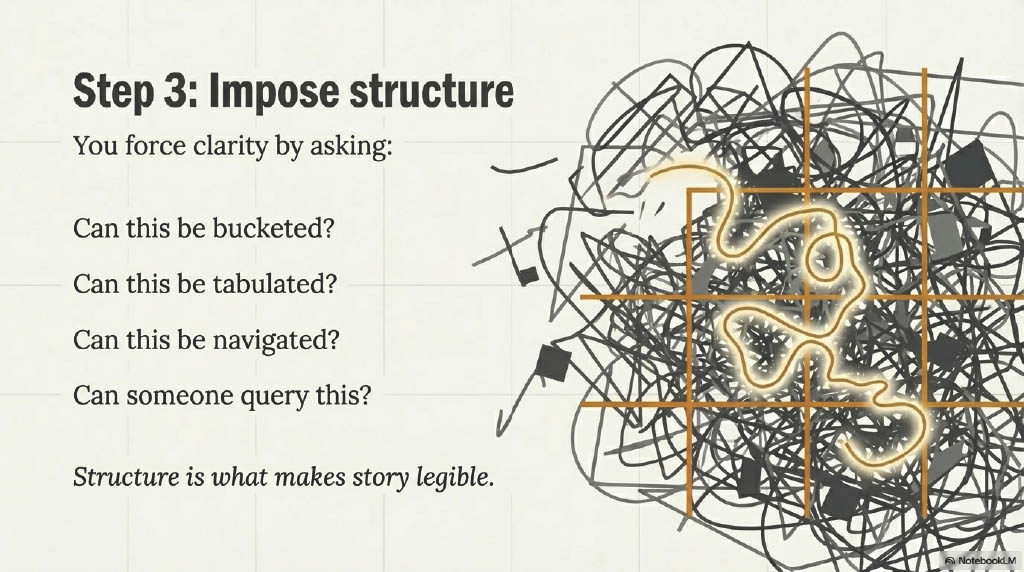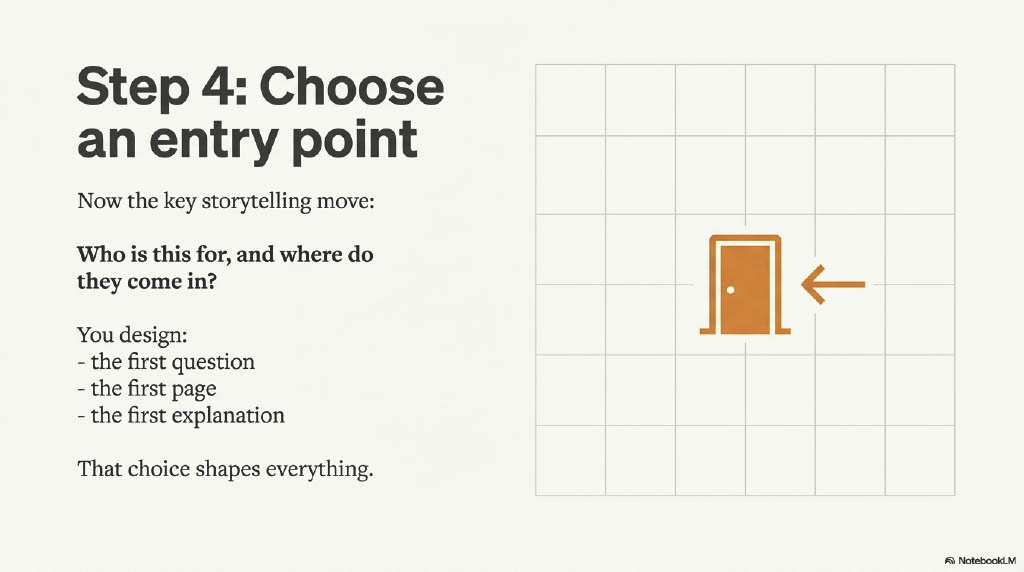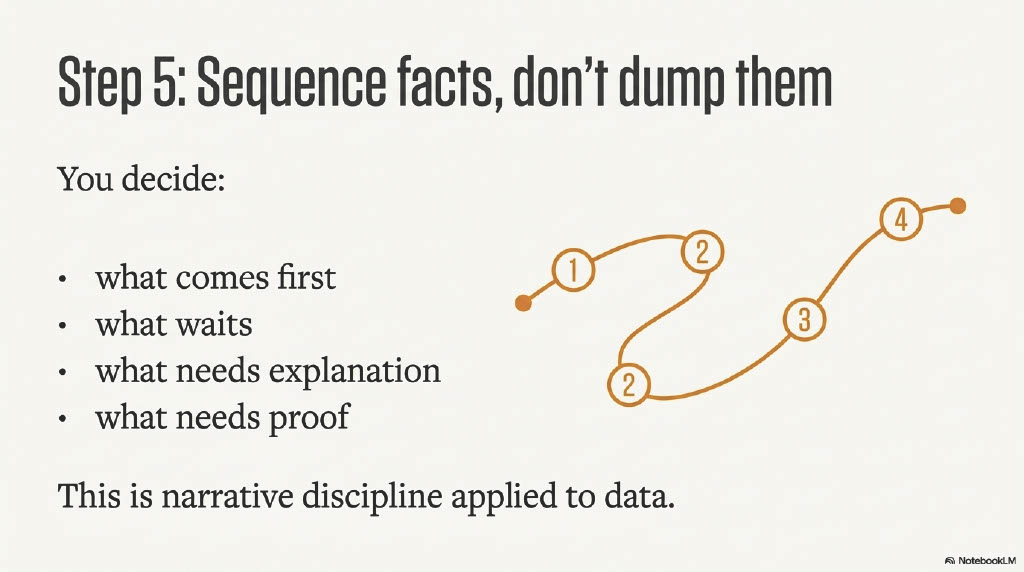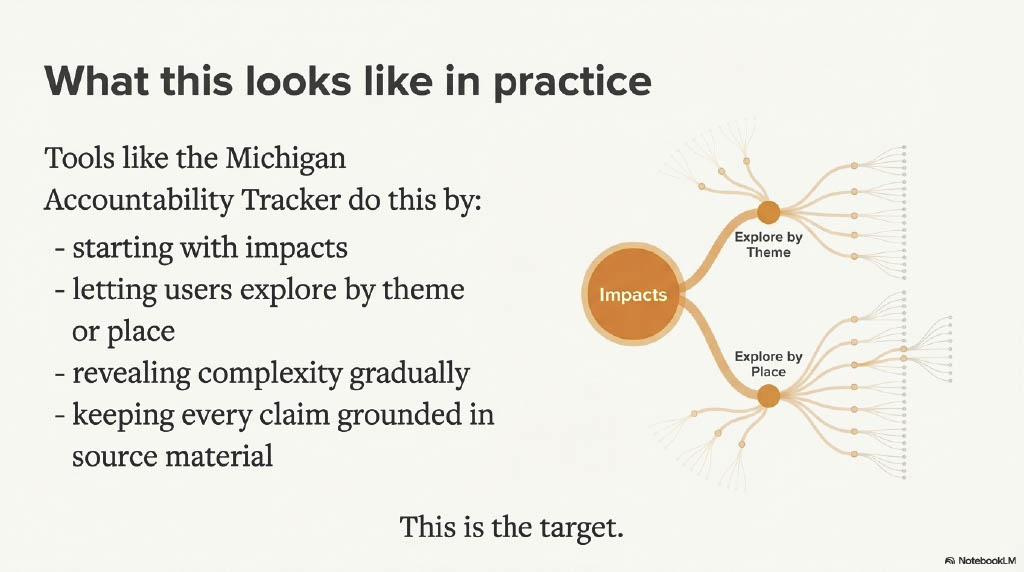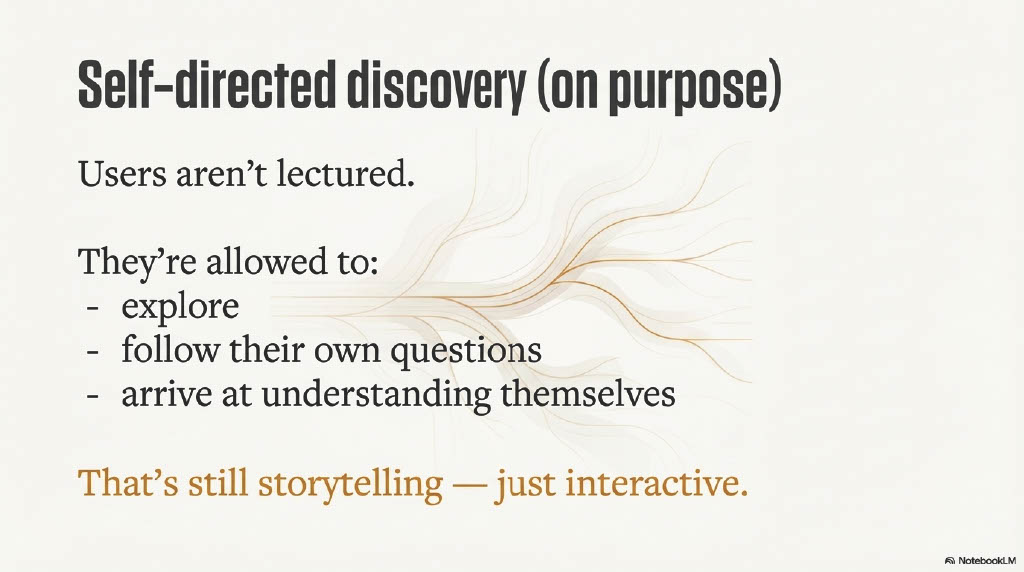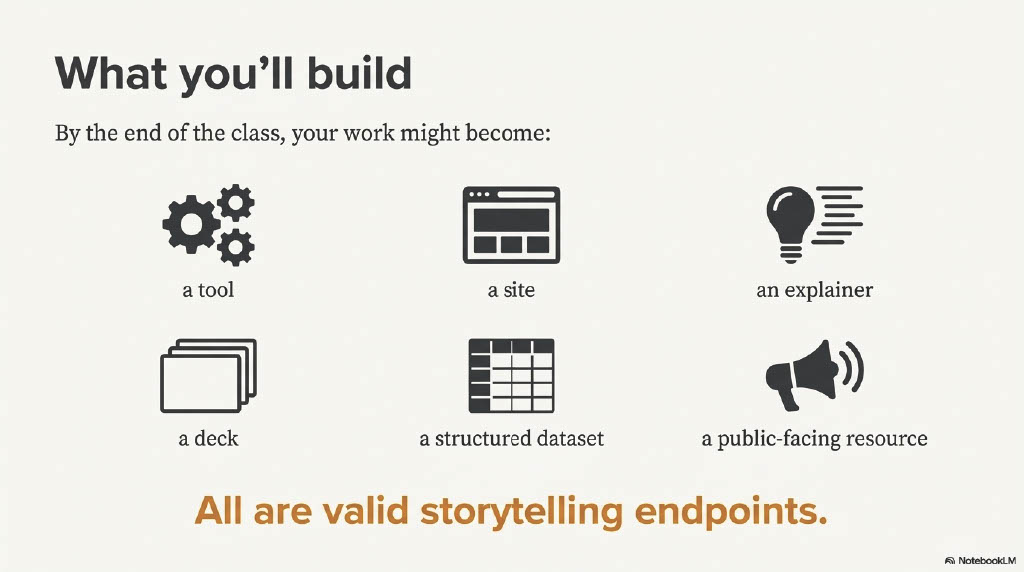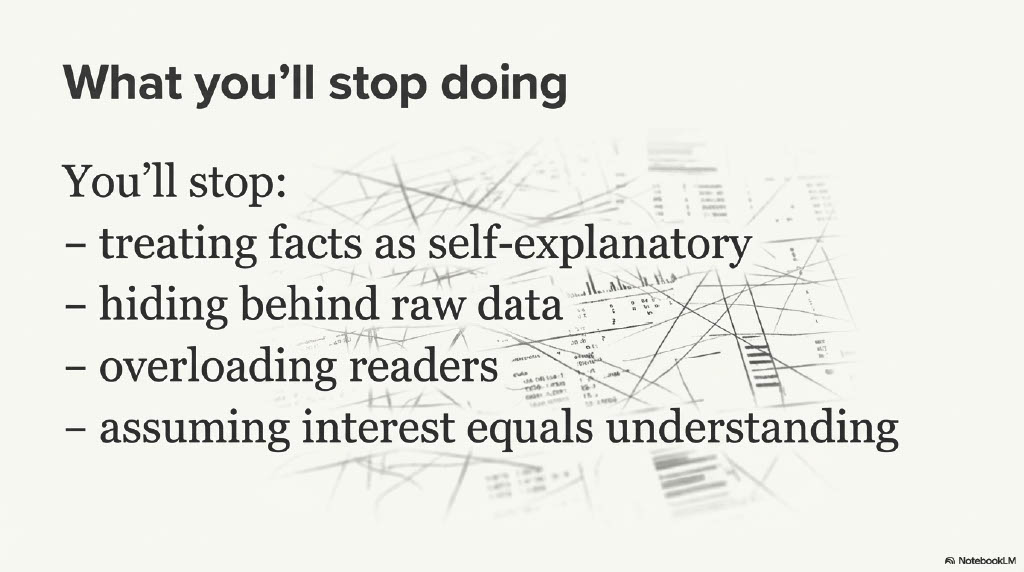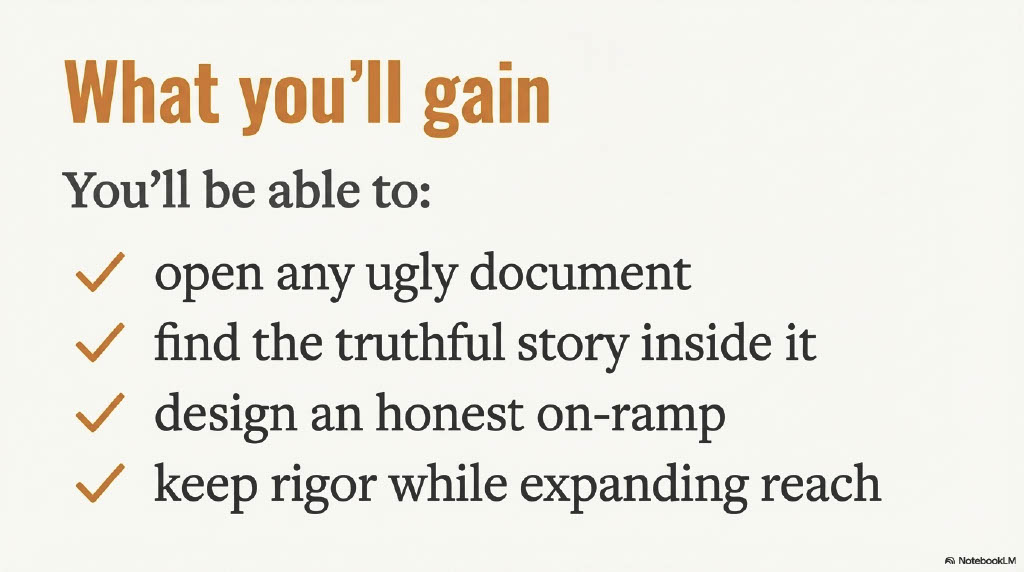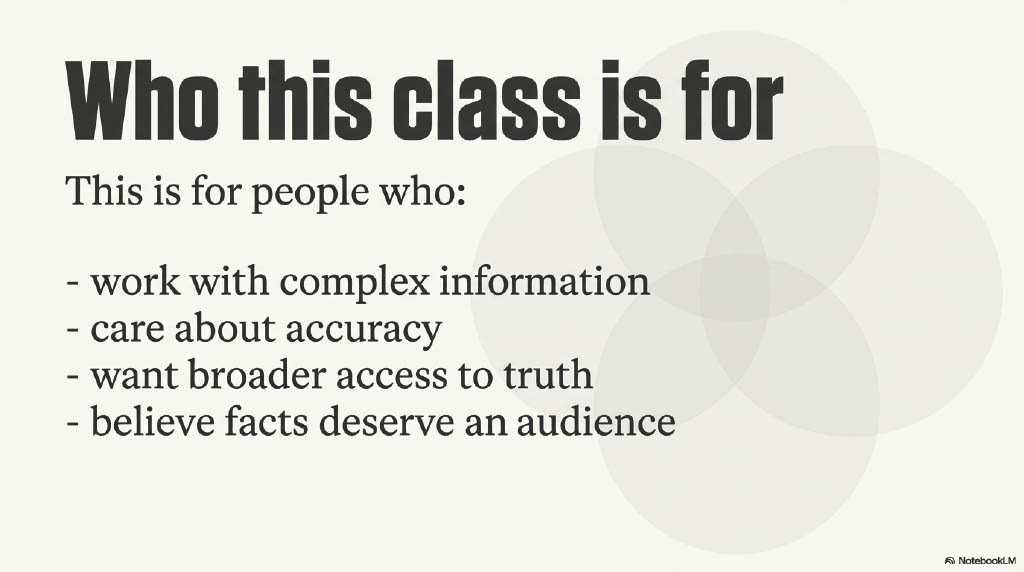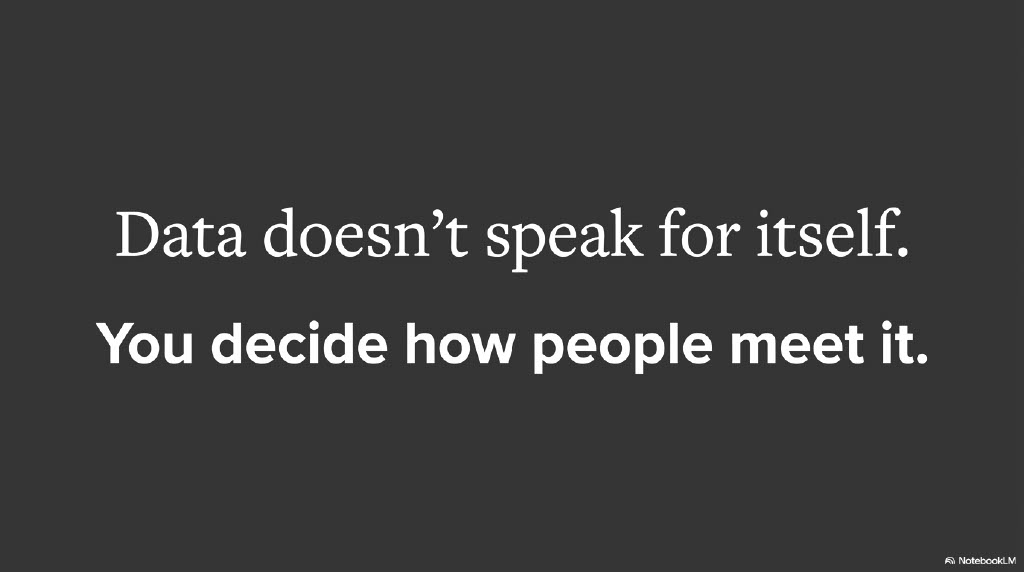
New Thinking
New Political Thinking
New Interactive Tools Created
New Ways to Tell Stories
Digital strategy is just one way to use AI
Using AI for comms is just one way I can help
I can build interactive information portals for members, supporters, voters and residents
If you answer the same set of questions a lot. I can show you an automated, new and highly accurate way to answer their questions
I can teach your team to use ChatGPT as a set of tools
The best reasons to use new technology lie in solving the daily problems facing your team. I can help you find organic uses for ChatGPT and AI.
I can create widgets and appliances for user-education and support
I can help you build a significantly better owners manual, support page or how-to guide. No pdfs and is built for digital.
AN AFFORDABLE ALL-IN-ONE SOLUTION

